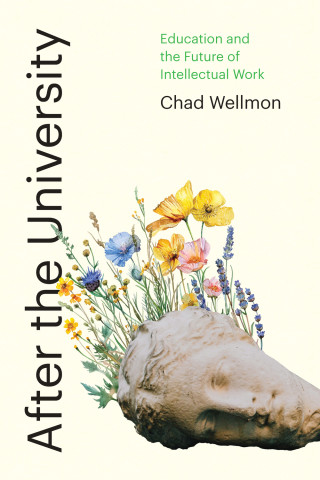
Reviews
When Schools Work is not a dry tome. It illumines the lives of several remarkable people who made the changes happen
Combining a historical focus with an emphasis on community engagement, this compelling, accessible book will be interesting and relevant to a broad audience.
An incredibly original and substantial volume that merges theory, historical analysis, and practice to lay out an argument about institutional change in the second-largest school district in the country. Using a unique theoretical model, this will be the go-to book for understanding school reform in Los Angeles.
Bruce Fuller provides us with an insightful, beautifully written, and enlightening account of the politics of education in Los Angeles, showing how pluralist dynamics, energized by ethnic diversity, allowed reformers to gain leverage over the protectors of the status quo and bring about real change. A welcome contribution.
No one has gone so deep for so long into the intricacies of California politics as Bruce Fuller has. He is always full of surprises, perhaps more so here than ever before. Why did bad urban schools in Los Angeles improve in the first two decades of this century? I learned more about the political dynamics of raising achievement than I have anywhere else.
Book Details
Notes on the Vernacular
Prologue. Pluralist Politics Move Institutions
1. Civilizing Los Angeles
with Melissa Ancheta and Sarah Manchanda
2. Palace Revolt
3. Outside Agitators
with Malena Arcidiacono
Notes on the Vernacular
Prologue. Pluralist Politics Move Institutions
1. Civilizing Los Angeles
with Melissa Ancheta and Sarah Manchanda
2. Palace Revolt
3. Outside Agitators
with Malena Arcidiacono, Caitlin Kearns, and Joon Ho Lee
4. Organizing Pluralist Politics
with Sarah Manchanda
5. Pluralist Politics and Institutional Reform
Acknowledgments
Notes
References
Index





